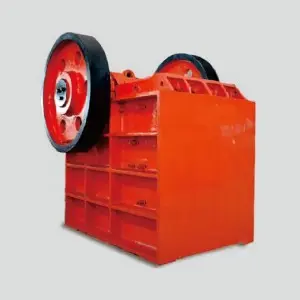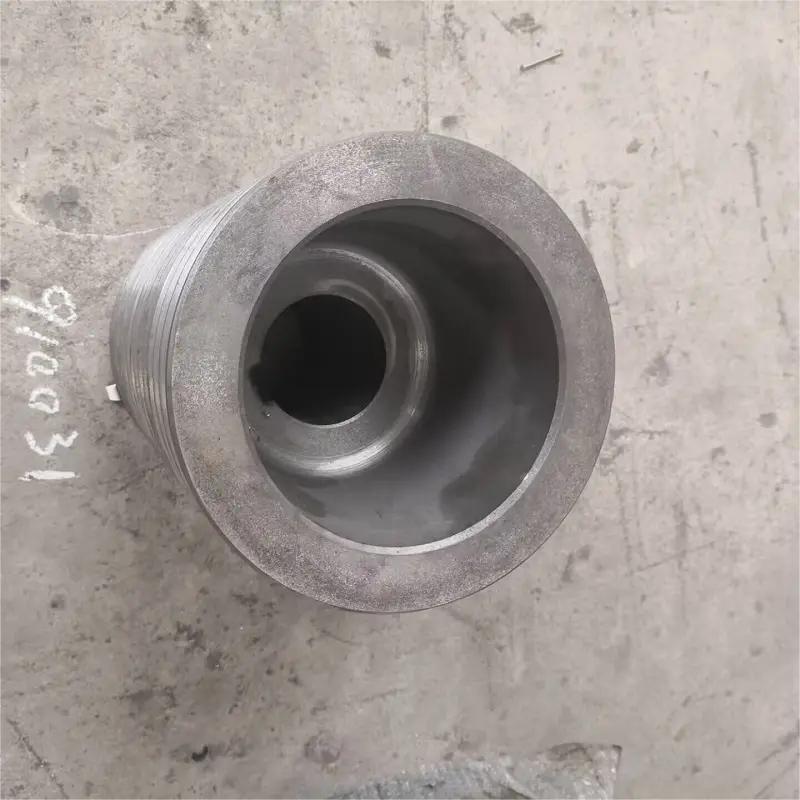Jaw crushers are common crushing equipment in industries such as mining, construction, and metallurgy. Their performance directly affects production efficiency and cost control. Therefore, when choosing a jaw crusher, various factors must be carefully considered to ensure that the purchased equipment can meet the production requirements and has good performance. This article will delve into how to select the right jaw crusher equipment and provide you with a comprehensive guide.
First. Understand the working principle of the jaw crusher
Before delving into how to choose, it is first necessary to understand how the jaw crusher works. The jaw crusher is mainly composed of fixed jaw plates, movable jaw plates, transmission devices and other components. When the material enters the crusher cavity, the movable jaw plate periodically approaches and moves away from the fixed jaw plate, and the material is crushed through the squeezing effect. Understanding this principle is helpful for further understanding the performance characteristics of the machine.
Second, understand the main types and characteristics of jaw crushers
The common types of jaw crushers in the market mainly include simple pendulum jaw crushers and double pendulum jaw crushers. The simple pendulum jaw crusher features a simple structure, reliable operation and convenient maintenance, and is suitable for medium and small-sized crushing production lines. The compound pendulum jaw crusher has the advantages of large crushing ratio and high production efficiency, and is suitable for large-scale crushing production lines. In addition, attention should also be paid to the detailed design of the feeding method, discharging method, adjustment device and other aspects of the crusher to ensure that the equipment can meet the production requirements.
Third. Clearly define the production requirements and the characteristics of the crushed materials
Before choosing a jaw crusher, it is essential to clearly define your production requirements, including the type, hardness, moisture content, particle size distribution and other characteristics of the materials to be crushed, as well as the expected crushing ratio, production capacity, and output particle size requirements. These factors will directly affect the selection and configuration of the crusher. For different types of materials, the difficulty of crushing and the degree of wear vary, so different models of jaw crushers need to be selected. For instance, for materials with higher hardness, it is necessary to select equipment with greater crushing power and wear resistance. For materials with high humidity, the anti-clogging performance of the equipment needs to be considered.
Post time: Apr-30-2025


